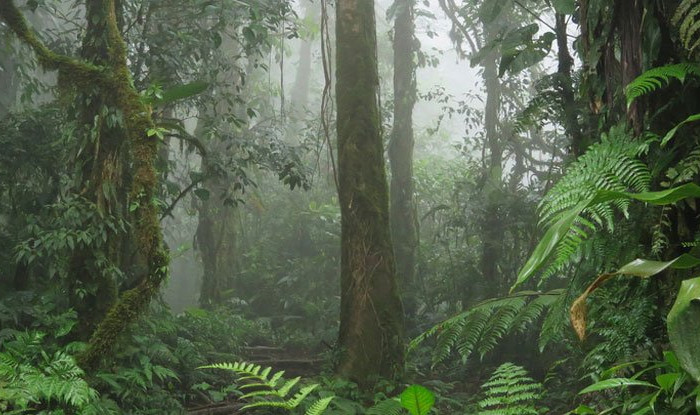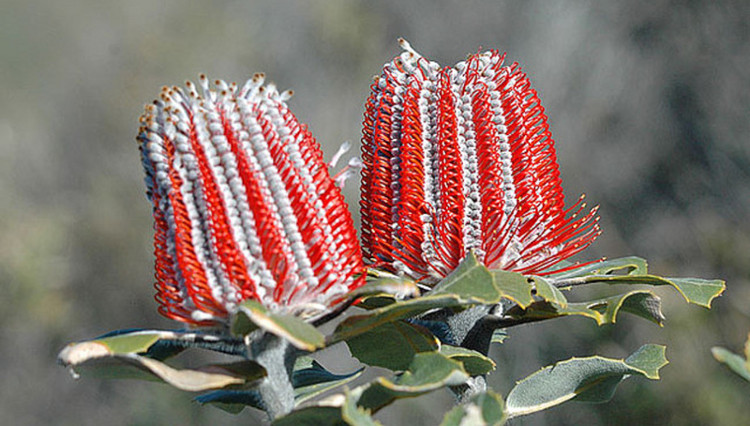80,000 species of plants on Earth are about to become extinct
At present, the Earth has about 400,000 species of higher plants. 21% of these are at risk of extinction.
Recently, an unprecedented large-scale international study has estimated that our Earth currently has about 391,000 higher plants.
What are higher plants? These are plants that contain tissue that can transport water and synthesize nutrients.

The cause of partial destruction of plants lies in climate change.
However, the study also found that up to 21% of these people are on the brink of extinction.
Specifically, the study was conducted by Royal Kew Botanical Garden (UK). According to Kathy Willis, director of Kew: " This is the first global-scale study of plants. We used to have studies of birds, turtles, forests, cities, even antibiotics. with a global scale, but trees are never ".
Willis said that the cause of the destruction of plants is partly in climate change , but what is compared to the action of deforestation of humans. In the past decade, 13 of the world's 14 plant communities recorded a 10% decline in forest land. However, climate change is likely to have a strong impact in the next 30 years.
Invasive plants are also a concern. It is reported that about 5,000 species of exotic plants are threatening native plants in many parts of the world. They will destroy the ecosystem, causing about 5% damage to the global economy.

Invasive plants are also a concern.
Researchers are now struggling to find the best way to conserve trees. Willis said: " We need to be realistic. Population increases, people need food and need land to live in, so we need to identify which areas are important for conservation, and which areas. can be used for human development " . To date, there are about 1,771 important areas identified.
In addition, according to Steve Bachman, who led the study, the study also helps us understand more about genetic diversity in plants."We know very little about trees, so it is imperative to determine which areas are important. Similarly, we know very little about the genetic diversity of plants," he said. This field needs to be pushed harder. "
The study is published on the homepage of Kew Royal Botanic Gardens.
- 600 species of plants disappear, threatening human survival
- Nearly 21,000 species of plants and animals are about to become extinct
- 1/5 species of plants in the world are about to become extinct
- Which species will 'inherit' the Earth when humans become extinct?
- Huge mammals live harder, become extinct faster
- How many species of flowering plants?
- Consequences when mosquitoes become extinct
- More than 860 wildlife species have become extinct
- Development technology revives extinct species?
- Building a national strategy on biodiversity conservation
- More than 500 species of birds in the world are extinct
- Discovered the rare and extinct bat species
 Why do potatoes have eyes?
Why do potatoes have eyes? 'Tragedy' the world's largest carnivorous life: Death becomes ... public toilet
'Tragedy' the world's largest carnivorous life: Death becomes ... public toilet Tomatoes were once considered 'poisonous' for 200 years
Tomatoes were once considered 'poisonous' for 200 years Detecting microscopic parasites on human face
Detecting microscopic parasites on human face